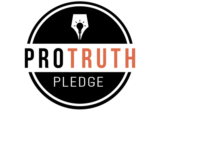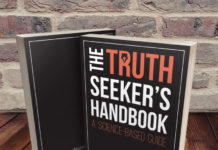Can science really help you understand the purpose of life and learn how to lead a meaningful life? Purpose Revolution conducted a videotaped interview on this topic with me about my book, Find Your Purpose Using Science, with a free book version available here. Purpose Revolution is a video interview series that forms part of a broader nonprofit organization, Planet Purpose, dedicated to helping everyone around the globe find a sense of life purpose. Its Purpose Challenge, a free online course with 21 daily exercises to find and live your purpose, begins on August 2, 2015, to usher in August, Global Purpose Month. A disclosure: I serve on the Advisory Board of Planet Purpose as the Science Adviser.
In the interview, I discuss how science truly can help you answer life’s big questions, such as “why am I here” and “what is the purpose of life for me?” These questions have become answerable due to a recent wave of research in psychology, cognitive neuroscience, and medicine. Studies highlight the mental and physical health benefits of finding your purpose in life and living a life of meaning, and suggest some ways to find a personal sense of meaning and purpose.
The findings reveal three science-informed strategies for finding purpose and living a meaningful life. The first set of strategies stems from the work of Victor Frankl, a Viennese psychiatrist who lived through the Holocaust concentration camps. In his research and work, both in the camps and afterward in private practice, he found that, in order for individuals to survive and thrive, it is crucial to self-reflect on their sense of purpose and meaning in life. The second set comes from studies showing that people have a higher sense of life meaning and purpose when they are part of a community and have strong social bonds. The third set comes from extensive research that demonstrates how opportunities to serve others, whether in civic, charitable, private, or professional settings, results in a stronger sense of purpose and meaning in life.
I discuss specific ways to enact these three strategies in the interview, and the book provides specific guidelines with worksheets and exercises. I hope the interview and book help you find your purpose using science!




